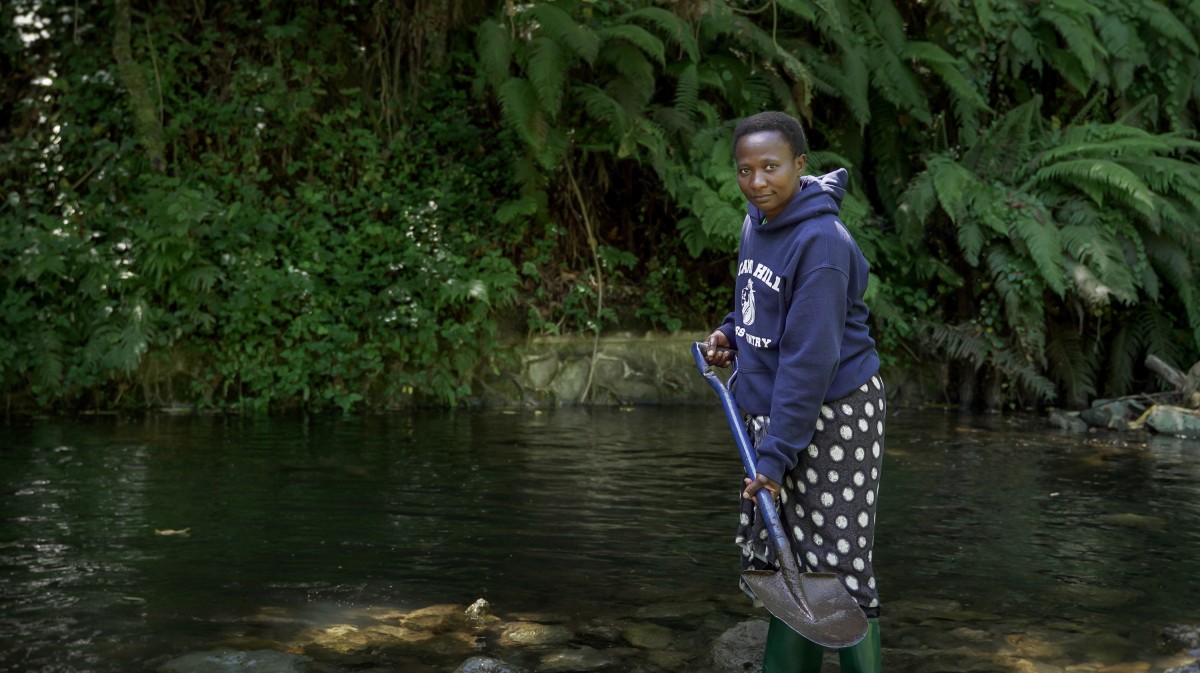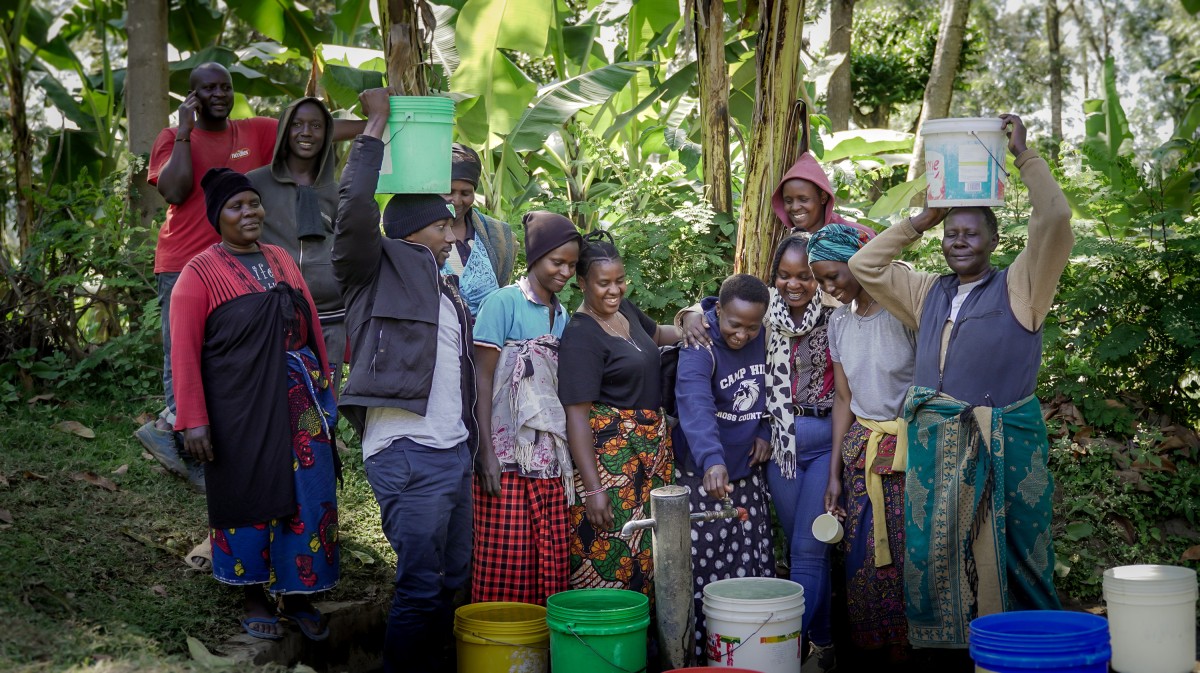Women in water committees make the difference: the story of Hellen Mollel
'Only with female leaders are we going to succeed in solving water problems', is Hellen Mollel's conviction. She herself is a shining example of it.

She doesn't get paid a dime for it, but Hellen Mollel is tireless. The 40-year-old resident of Siwandet, a small village in Tanzania's Kiranyi district, is always on the go. As the only woman on the Moktaiso water committee, which covers 10 villages, she is permanently chasing the eight men on the committee.
Since she was elected in 2021, things have already improved. 'Due to poor management and maintenance of water sources, some had dried up. Women were suffering as a result. We were spending six to seven hours to find water, at least one bucket a day.'
There was little knowledge about the importance of good water management and the urgency was not felt as much because all decisions were made by men. With Simavi's WASH & Learn programme implemented by Tanzanian development organization E-MAC, this was slowly changing.
'After I was elected as the women's representative on the water committee, we received several trainings from E-MAC and visited other projects to learn from. Also, schools got better toilet facilities for girls.'
Far-away water sources
Although she constantly has to fight to raise awareness of women's challenges, Hellen also gets support from the men on the water committee. She goes out with them to clean the water sources and inspect the water tanks from which the water is transported through pipes to the water points near the villages.
Those water sources are far away and in the forests it is dangerous to go out alone. Those trips are almost always on Hellen's initiative, she says: "If I don't remind them, they forget.” No one on the committee, receives compensation. Even gasoline for the motorcycle they have to pay for themselves.
But Hellen does more than just maintenance, she also visits the water points in the villages to talk to the women and share information about the importance of water, sanitation and hygiene.

Inspire
To combine all this work with her family and all the duties at home is not always easy. Together with her husband, she has four children, and another foster child. Fortunately, she receives support from her husband, who now understands her fight for the human right to water and is proud of her work for the community.
'My work on this committee is the only way I have to explain the reality of what women endure in times of drought,' explains Hellen, who plans to run for re-election in 2024. 'I want to inspire other women to take on leadership positions as well, especially in water management. I know many feel encouraged when they see me succeed in my efforts.'


